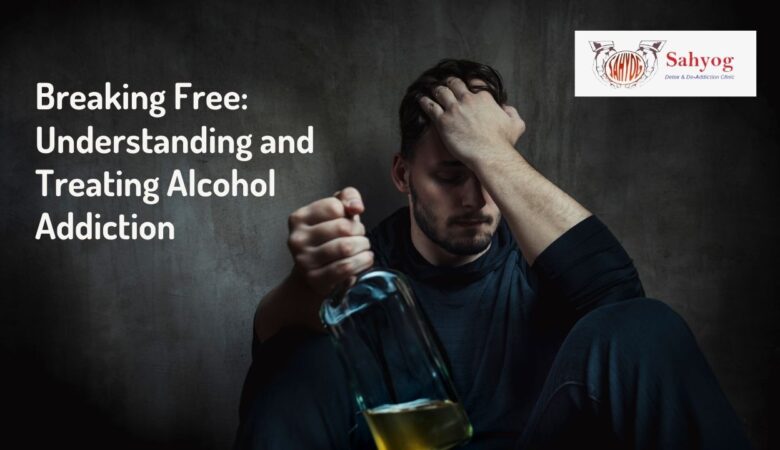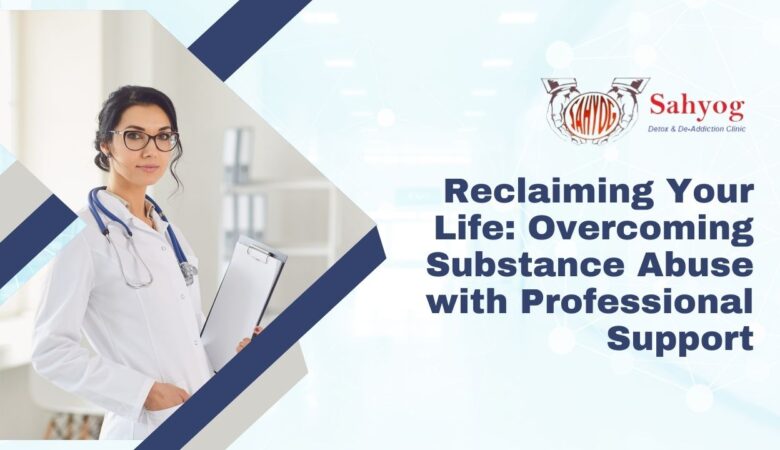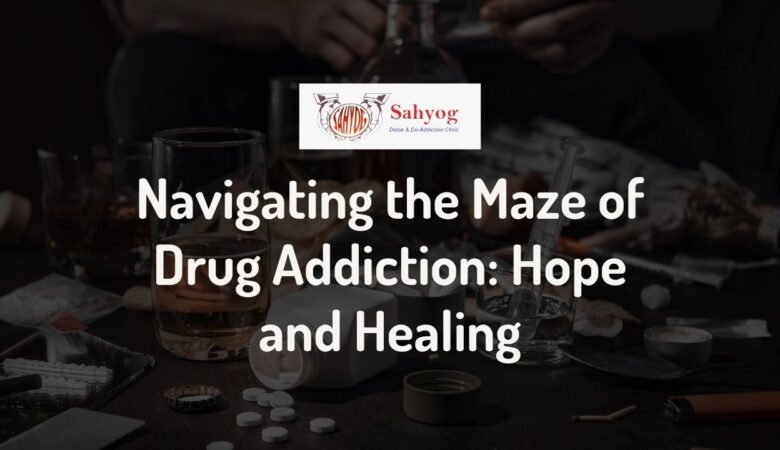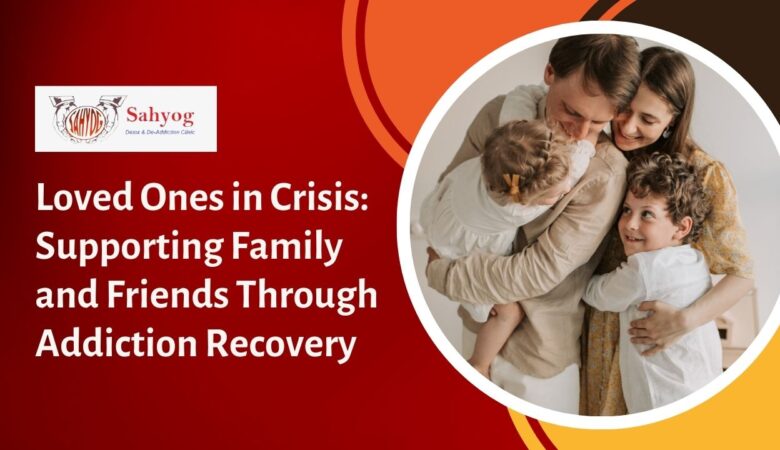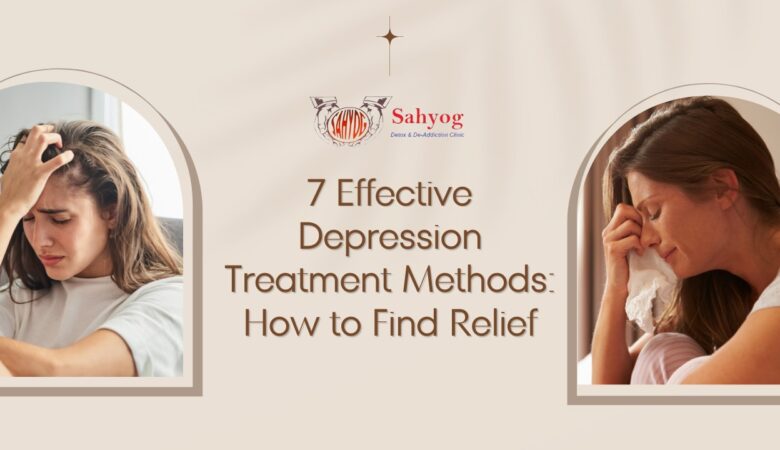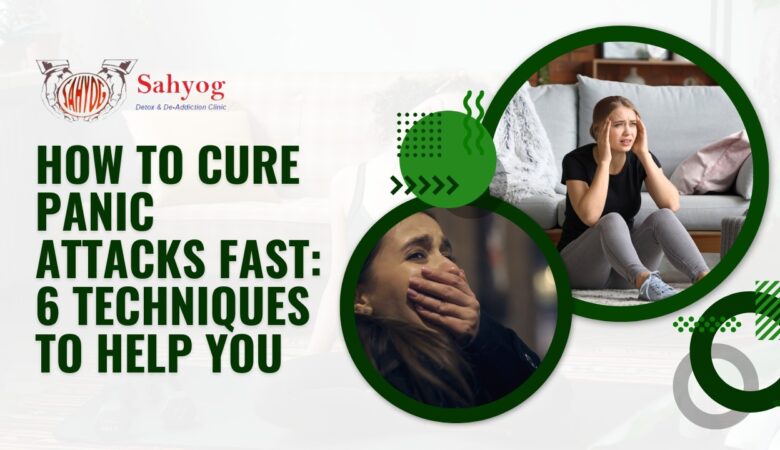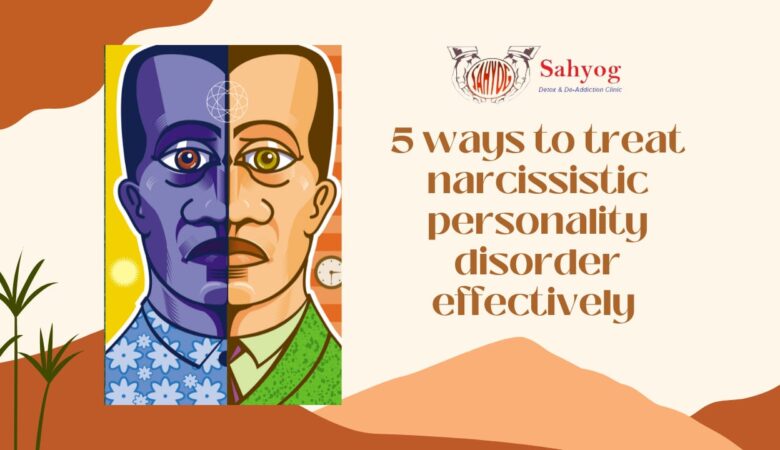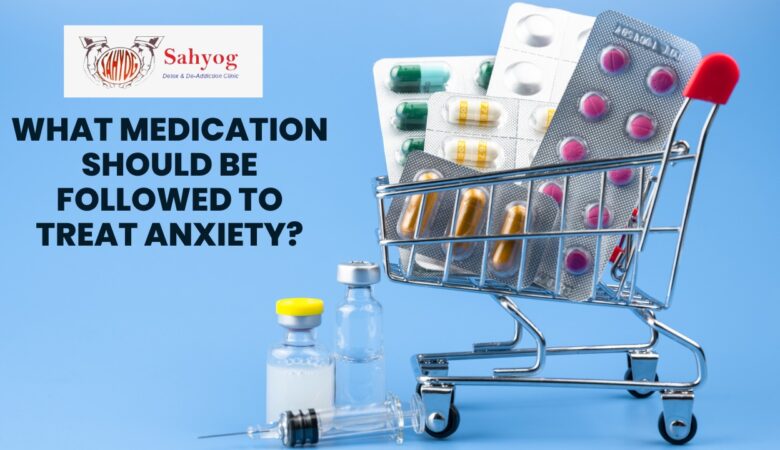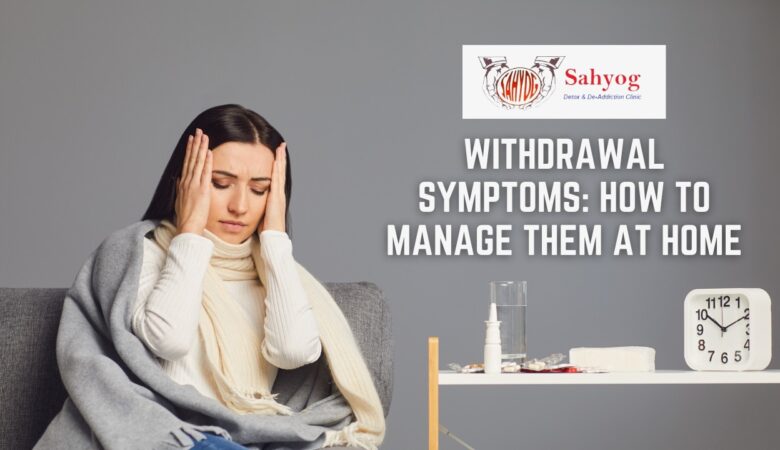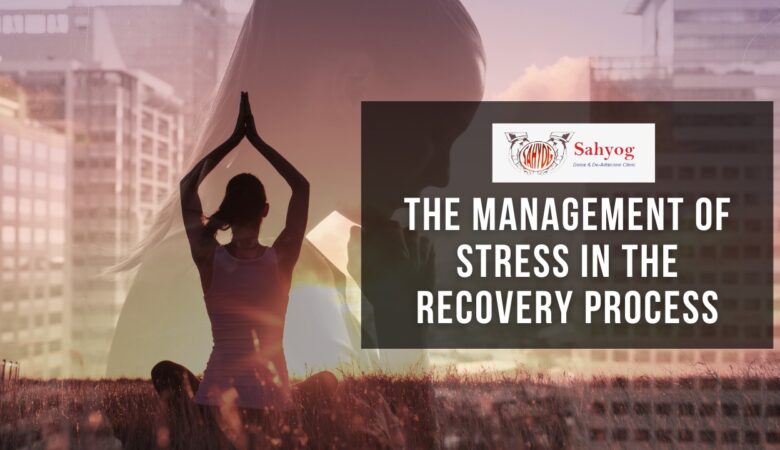Breaking Free: Understanding and Treating Alcohol Addiction
Welcome to our blog post that delves deep into the world of alcohol addiction. Whether you or someone you know is grappling with this challenging issue, it’s crucial to have a comprehensive understanding of the facts, causes, effects, and available treatments. The path towards breaking free from alcohol addiction may seem daunting, but armed with knowledge and support, recovery is possible. So let’s embark on this journey together as we explore the intricacies of alcohol addiction and discover ways to reclaim a life filled with hope and sobriety. Alcohol addiction: the facts Alcohol addiction, also known as alcoholism or alcohol use disorder (AUD), is a chronic and progressive condition that affects millions of individuals worldwide. It goes beyond simply having a few drinks on occasion; it involves a compulsive need to consume alcohol despite negative consequences. One important fact about alcohol addiction is that it does not discriminate based on age, gender, or social status. It can impact anyone, regardless of their background or circumstances. Moreover, alcohol addiction is not solely defined by the quantity of alcohol consumed but rather by the inability to control or stop drinking. The development of alcohol addiction can be influenced by various factors including genetic predisposition, environmental influences, and mental health conditions. While some individuals may have a higher susceptibility due to family history, others may turn to excessive drinking as a coping mechanism for trauma or stress. It’s essential to understand that long-term heavy consumption of alcohol can lead to severe physical and psychological effects. Physically, chronic alcohol abuse can cause liver damage, cardiovascular problems, weakened immune system function, and an increased risk of certain cancers. Psychologically, it can contribute to depression, anxiety disorders, Recognizing the signs and symptoms of alcohol addiction is crucial in order to seek help early on. These indicators may include an increasing tolerance for alcohol leading to more frequent and larger amounts consumed over time; experiencing withdrawal symptoms when attempting to quit or cut back drinking; neglecting responsibilities at work, Understanding these facts about alcohol addiction serves as a starting point towards awareness and empathy for those struggling with this disease. By shedding light on its complexities without judgment, Remember: knowledge is power when it comes to addressing any issue head-on – especially one as serious as Alcohol Addiction! The cause of alcohol addiction The cause of alcohol addiction is a complex and multifaceted issue, with various factors coming into play. While some individuals may have a genetic predisposition to develop an addiction, others may turn to alcohol as a way to cope with stress or emotional pain. Social and environmental factors can also contribute to the development of alcohol addiction. One potential cause of alcohol addiction is genetics. Research has shown that certain individuals may be more susceptible to developing an addiction due to their genetic makeup. This means that if you have family members who struggle with alcoholism, you may be at a higher risk yourself. Additionally, psychological factors such as trauma or mental health disorders can also contribute to the development of alcohol addiction. Many people use alcohol as a way to self-medicate and numb painful emotions or memories. Unfortunately, this only serves as a temporary solution and can quickly lead to dependence. Environmental influences also play a role in the development of alcohol addiction. Growing up in an environment where heavy drinking is normalized or witnessing loved ones engaging in excessive drinking can increase one’s likelihood of developing an unhealthy relationship with alcohol. It’s important to recognize that while these factors can increase the risk of developing an addiction, they do not guarantee it. Each person’s journey towards becoming addicted is unique, and understanding these underlying causes can help inform effective treatment strategies. The effects of alcohol addiction The effects of alcohol addiction can be devastating, impacting not only the individual struggling with it but also their loved ones and society as a whole. Physically, alcohol addiction takes a toll on the body. Heavy drinking can lead to liver damage, heart disease, weakened immune system, and an increased risk of various types of cancer. It can also lead to nutritional deficiencies and impaired brain function. Mentally and emotionally, alcohol addiction can cause mood swings, depression, anxiety disorders, and cognitive impairments. It affects one’s ability to think clearly, make rational decisions, and maintain healthy relationships. Socially, alcohol addiction often leads to isolation from friends and family as well as strained relationships due to erratic behavior while under the influence. Work performance may suffer or even result in job loss. Financially speaking, maintaining an alcohol addiction can drain one’s bank account quickly. The cost of buying alcoholic beverages regularly adds up over time. The effects of alcohol addiction are far-reaching and deeply impact every aspect of a person’s life. Seeking treatment is crucial for breaking free from this destructive cycle and reclaiming a healthier future. Treatment for alcohol addiction Seeking treatment for alcohol addiction is a crucial step towards breaking free from the chains of this destructive cycle. There are various options available to individuals battling with alcohol addiction, tailored to meet their specific needs and preferences. One common form of treatment is residential rehabilitation programs, which provide a structured environment where individuals can receive 24/7 support and guidance from trained professionals. These programs often include individual counseling sessions, group therapy, educational workshops, and holistic activities such as yoga or meditation. Outpatient programs offer flexibility by allowing individuals to attend therapy sessions while still maintaining their daily responsibilities. This option may be suitable for those who have strong support systems at home and are committed to making positive changes in their lives. Medication-assisted treatment (MAT) combines medication with counseling and behavioral therapies. Medications such as naltrexone or acamprosate help reduce cravings and prevent relapse, while therapy addresses the underlying psychological factors contributing to alcohol addiction. Support groups like Alcoholics Anonymous (AA) provide a valuable network of peers who understand the challenges faced during recovery. These groups offer both encouragement and accountability through regular meetings where
